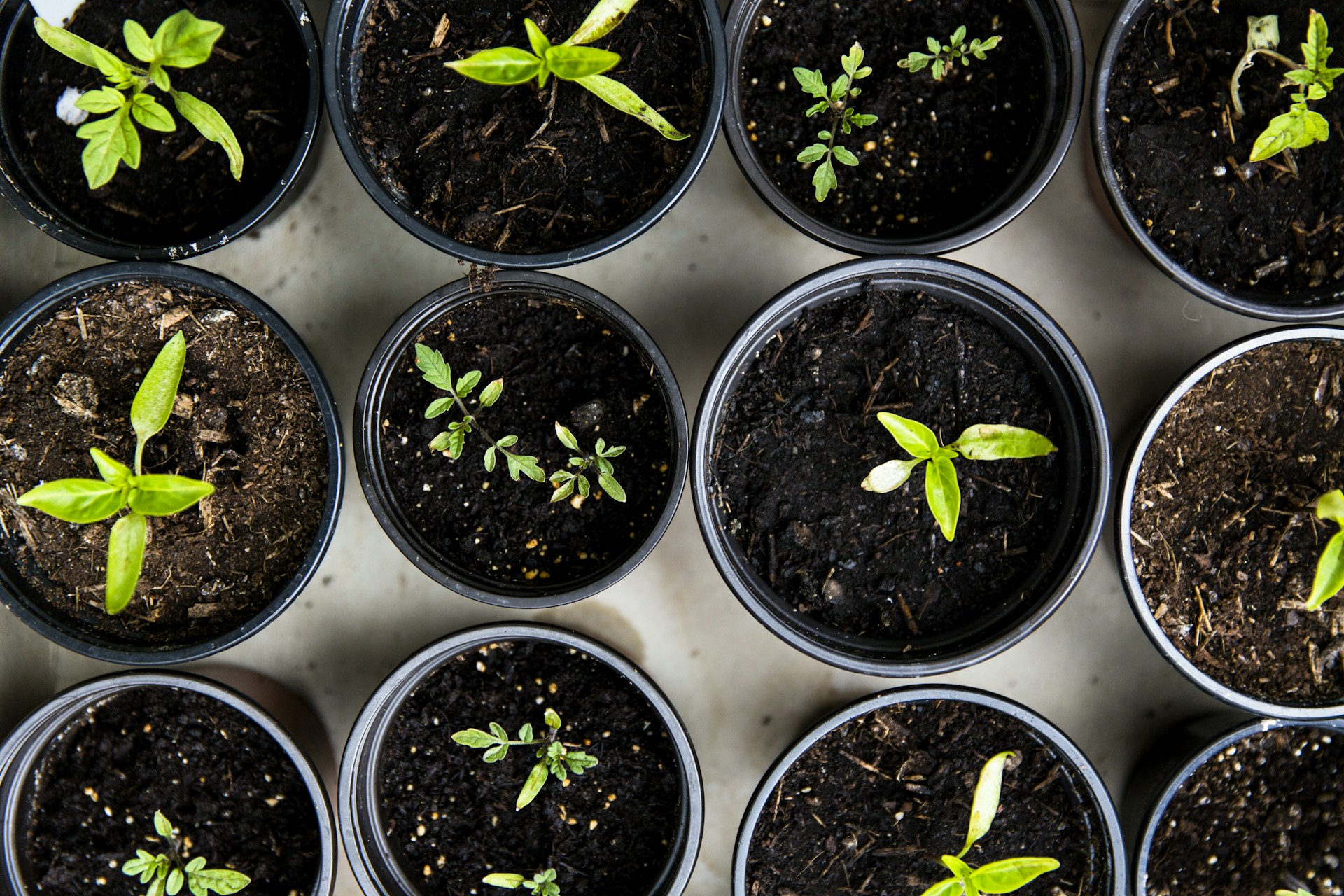
Sustainable Gardening: Eco-Friendly Tools and Practices
Discover how to create a sustainable garden using eco-friendly tools, composting techniques, and low-impact practices that nurture both your plants and the planet. Learn which sustainable gardening tools and habits can help you grow a greener space that thrives in harmony with nature.
SUSTAINABLE GARDENING
P & P
11/17/20254 min read


Sustainable Gardening: Eco-Friendly Tools and Practices
Amazon Associate Disclosure:
As an Amazon Associate, Papaver & Petals may earn from qualifying purchases. This helps support our garden and outdoor content at no additional cost to you.
Growing Greener: Why Sustainable Gardening Matters
Sustainability in the garden is more than a passing trend — it’s a conscious return to balance. By cultivating eco-friendly habits, you create a space that supports local biodiversity, conserves water, and reduces waste. Every mindful choice, from the tools you use to how you nourish your soil, adds up to a healthier ecosystem both in your backyard and beyond.
Whether you’re a seasoned gardener or just discovering the joy of growing your own food, sustainability begins with awareness — and small, consistent changes make the biggest impact.
1. Choose Tools That Last a Lifetime
The cornerstone of an eco-friendly garden is durability. Opt for tools made from sustainably sourced wood, recycled metal, or bamboo, which minimize plastic use and last longer with proper care.
Some excellent, highly rated options include:
Fiskars Steel Garden Spade (4.8⭐, 11,000+ reviews) – A nearly indestructible, rust-resistant tool ideal for turning soil or digging new beds. https://amzn.to/4i7gyCY
Radius Garden Ergonomic Hand Trowel (4.7⭐, 3,000+ reviews) – Made with a curved handle to reduce wrist strain and crafted from recycled materials. https://amzn.to/49JknMD
When tools last decades instead of seasons, you reduce waste and save resources long-term.
2. Compost: Nature’s Way of Recycling
Composting transforms kitchen scraps, fallen leaves, and grass clippings into nutrient-rich “black gold” for your garden. It’s one of the most effective ways to cut down on landfill waste while enriching your soil naturally.
A few composting tips:
Keep a balanced mix of “greens” (food scraps, grass) and “browns” (dry leaves, cardboard).
Turn your pile every week to keep it aerated.
Use a covered bin or tumbler to contain odor and speed up decomposition.
Top-rated compost bins include the VIVOSUN Outdoor Tumbling Composter Dual Rotating Batch Compost Bin (4.6⭐, 18,000+ reviews)— easy to use, durable, and compact enough for urban spaces.https://amzn.to/3M9aspu
3. Collect and Conserve Water
Water is one of our most precious resources, and gardening sustainably means using it wisely. Collecting rainwater is an easy and eco-friendly way to hydrate your plants without relying on the municipal supply.
Look for:
Algreen Plastic Rain Barrel, 50 Gallon Drum - Rainwater Tank w/Brass Spigot & Screen Guard for Rain Water Collection & Storage (4.6⭐, 7,000+ reviews) – Stylish, BPA-free, and built to withstand seasonal weather. https://amzn.to/3JKaCDg
Soaker hoses for slow, deep irrigation that reduces evaporation. https://amzn.to/4o0BcWA
Adding mulch around plants also helps retain soil moisture, meaning less frequent watering and healthier roots.
4. Go Organic — Skip the Synthetics
Synthetic fertilizers and pesticides can harm soil health and local pollinators. Instead, try organic fertilizers, compost tea, or natural pest deterrents like neem oil and diatomaceous earth.
Planting companion crops — like basil near tomatoes or marigolds beside peppers — naturally discourages pests and promotes plant growth.
Remember, a thriving garden ecosystem balances itself when given time and diversity. These two items below form the 1 - 2 knockout punch for pests destroying young tender produce in your garden.
Harris Diatomaceous Earth Food Grade - https://amzn.to/4o669su
HARRIS Neem Oil Cold Pressed Water Soluble Concentrate - https://amzn.to/3K59g65
5. Encourage Pollinators and Wildlife
Your garden becomes a haven when you make space for pollinators and small creatures. Add native plants to attract bees, butterflies, and birds, and leave small “wild corners” for beneficial insects to nest.
Consider adding:
A bee hotel or birdbath to welcome wildlife.
Premium Weatherproof Bee Hotel - https://amzn.to/43ynDq7
Native wildflower seeds to provide nectar through fall.
When nature feels welcome, your garden becomes part of a larger, living network of biodiversity.
6. Repurpose, Reuse, and Reduce Waste
Gardening sustainably is as much about creativity as conservation. Before buying something new, see what you can repurpose — old containers as planters, broken ceramics as mulch, or scrap wood for raised beds.
Recycling and reusing not only reduce environmental impact but also give your garden character and charm.
A Garden That Gives Back
When you commit to eco-friendly gardening, every seed planted becomes a small act of restoration. The soil thrives, pollinators return, and your connection to nature deepens. Sustainability isn’t about perfection — it’s about growing with purpose and gratitude.




















